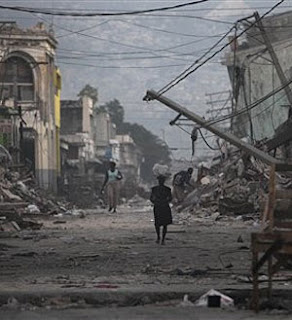 Howard Zinn passed away on January 27 in California. He was 87 years old.
Howard Zinn passed away on January 27 in California. He was 87 years old. His legacy is great and he will be sorely missed for telling it like it is and contesting the dominance of imperial American history.
A main ingredient of Zinn's academic work, as famously found in his "People's History of the United States", was his insistence on balancing protest/dissent against dominant and domineering historical narratives.
Even the usually stoic establishment newspaper, The Washington Post, said a People's History "provided an alternative to the then dominant 'dead white male' version of history."
By "then" they mean 1980 when the book was published. It should, however, be noted that three decades later the book is as relevant now as it was then and as it will be another three decades onward.
Dave Zirin writes that when Zinn was asked if dissent is divisive he said:
"Yes, dissent and protest are divisive, but in a good way, because they represent accurately the real divisions in society. Those divisions exist - the rich, the poor - whether there is dissent or not, but when there is no dissent, there is no change. The dissent has the possibility not of ending the division in society, but of changing the reality of the division. Changing the balance of power on behalf of the poor and the oppressed."My friend and comrade Eugene of Pudgy Indian Blog 3 has written a personal and moving eulogy to Howard Zinn.
He writes:
Howard Zinn is like Ham. He saw the U.S. in its naked drunken destructiveness. He saw the people who have constantly struggled to change things who WERE NOT THE ALLEGED FOUNDING FATHERS. Howard saw the founding fathers in their nakedness.Absolutely!
There can be no histories without contestation because like Zinn told his biographers Deb Ellis and Denis Mueller:"There is no such thing as impartial history."
May God/The Great Spirit rest his soul.
Onward!
Image Credit







